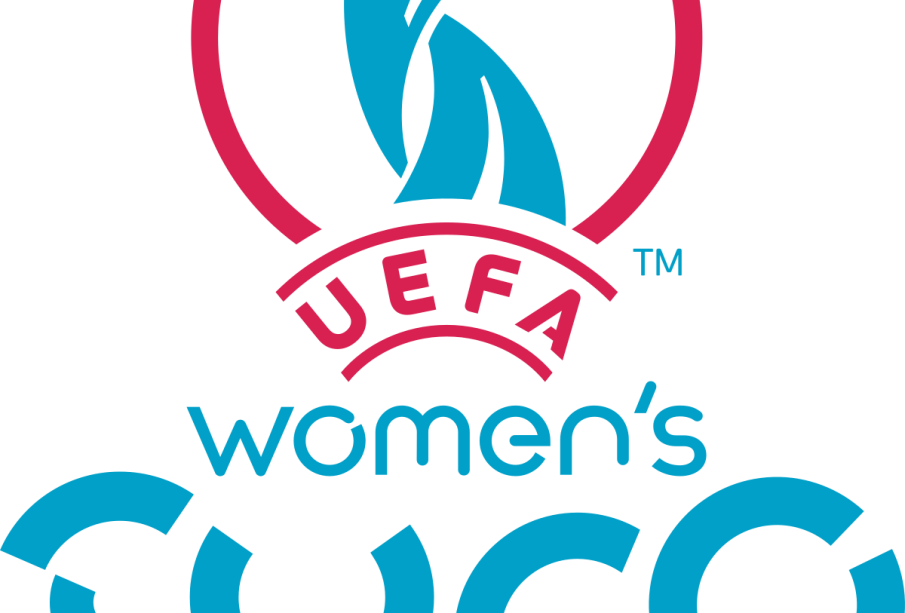The UEFA European Women’s Championship: A Growing Legacy

Introduction
The UEFA European Women’s Championship, established in 1984, is a significant tournament in women’s football, showcasing Europe’s top national teams. With increasing popularity and support, it plays a vital role in promoting women’s sports and inspiring future generations of female athletes.
Recent Developments
The latest edition of the UEFA European Women’s Championship took place in England in July 2022, marking a historic moment as the tournament expanded to include 16 teams, up from 12 in previous years. This expansion was a response to the growing interest in women’s football and aimed to elevate the competition’s profile. The tournament culminated with England defeating Germany 2-1 in the final at Wembley Stadium, drawing a record crowd and television viewership, a testament to the rising popularity of women’s football.
Impact on Women’s Football
The UEFA European Women’s Championship has not only provided a platform for showcasing talent but has also had significant implications for the women’s football ecosystem. It has encouraged investment in women’s sports at both the grassroots and elite levels, contributing to the development of youth programs and professional leagues across Europe. As a result, the championship has become a catalyst for change, inspiring young girls to pursue sports and challenging stereotypes associated with women’s athletics.
The Future of the Championship
Looking ahead, the UEFA European Women’s Championship is set to continue raising the bar for women’s football. The next tournament is scheduled for 2025 and will once again feature 16 teams. According to UEFA officials, they aim to enhance the fan experience and ensure greater engagement, ensuring the tournament leaves a lasting legacy. Furthermore, discussions are underway to improve broadcasting standards and sponsorship opportunities to further promote women’s football.
Conclusion
The UEFA European Women’s Championship stands at the forefront of a transformative era for women’s sports in Europe. With increasing viewership and support, it is not just a football competition; it symbolizes progress towards gender equality in sports. As the tournament continues to grow, it promises to inspire a new generation of female athletes and create pathways for them in football and beyond.









